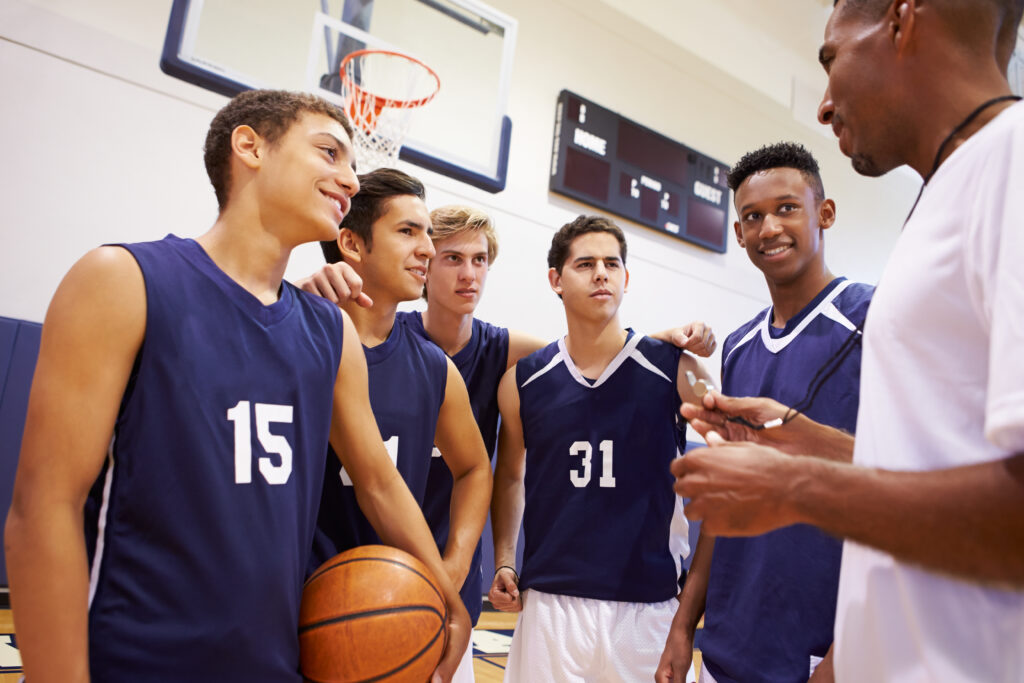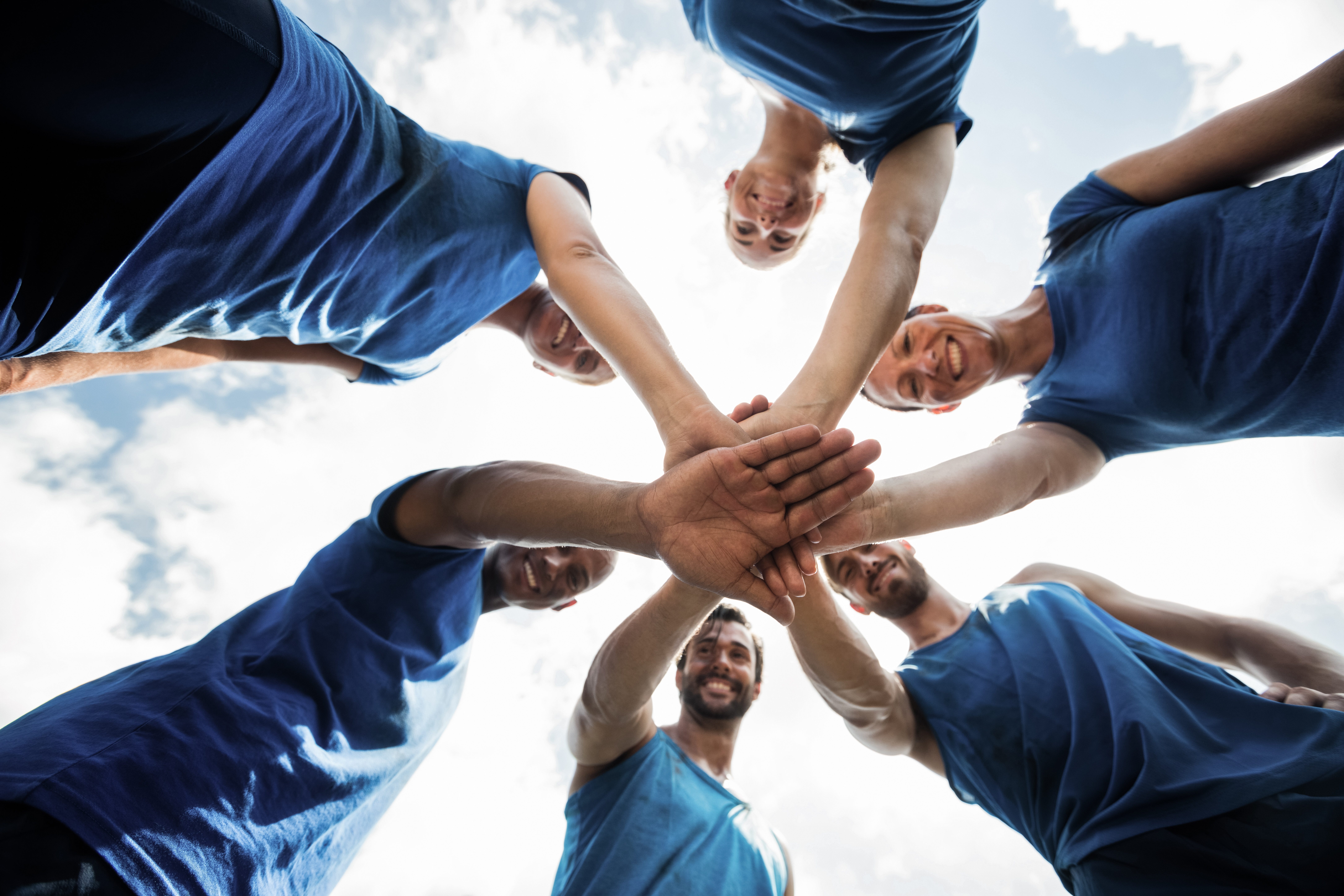Microbiota and athletic performance
Trillions of microorganisms, known as microbiota, live inside our digestive tract and regulate key aspects of health and disease. Recently, a connection between the gut microbiota and physical activity has been discovered. Research now shows that these microorganisms may be leveraged to enhance athlete performance, in particular endurance.
Cultivating a mastery climate in youth sport
A mastery motivational climate is one in which the success of an athlete is determined by their own perception of skill development and satisfaction. An ego motivational climate emphasizes winning, with success being defined by who is the best. The benefits of a mastery as opposed to ego climate in youth sport include: decreased feelings…
How to harness the power of team cohesion in sport

In sport, we often hear athletes and coaches talking about how “united” their team is and the great “chemistry” that they have. Broadly, these terms reflect the concept of cohesion. Cohesion is frequently described as the glue that holds a team together, and as a result, produces positive outcomes for individual athletes (for example, increased…
Mental health in sport
For women and girls, sport participation can come with specific mental health challenges. These can range from perfectionism and body image to performance pressures. When coaches and leaders see each athlete as a person first, they can better support athletes’ health and mental well-being and foster a culture of holistic wellness in sport.
Efficacy of napping on sport performance
A systematic review and meta-analysis of available research determined that a 30-60 minute afternoon nap has a beneficial impact on physical performance. An afternoon nap also promotes improved cognitive performance and reduces perceived fatigue after sport activity.
Mental health and concussion
Concussion recovery can be a challenging time for athletes. Research shows that many athletes report mental health challenges, such as feelings of anxiety or depression during their recovery. Helping athletes seek mental health care after their concussion may help reduce the burden of concussions and improve their recovery outcomes.
Exploring the life skills transfer process from sport to life

Project summary In recent years, researchers and practitioners have paid increasing attention to understanding how the life skills (e.g., leadership, emotional regulation) learned in sport can transfer and be applied beyond sport. The overall purpose of this project was to develop a grounded theory to explain how athletes apply in life the skills they learned…
In addition to warming up, “priming” may help athletes perform
Everyone knows to warm up before competing, but have you heard of “priming” beforehand? Priming is a round of non-tiring exercise that is done the day before or morning of a competition. Research shows priming may improve performance, as well as reduce athlete pre-competition stress.
Aligning the top and bottom of the sport development pathway
Decisions made at the national sport level influence participation at the community level. Problems occur when there is misalignment between what is needed for each level and what is decided at the top. Decision-makers should consider how they can generate alignment between all levels in a sports pathway to improve long-term player development.
Parent behaviour in sport
Parents play an important role in creating positive sports experiences for their children. Through interviews with athletes, researchers have learnt what behaviours children look for from their parents at competitions. Preferred behaviours included having parents show respect to others in sport, focus on their child’s effort rather than outcomes, and provide positive yet realistic post-competition feedback.